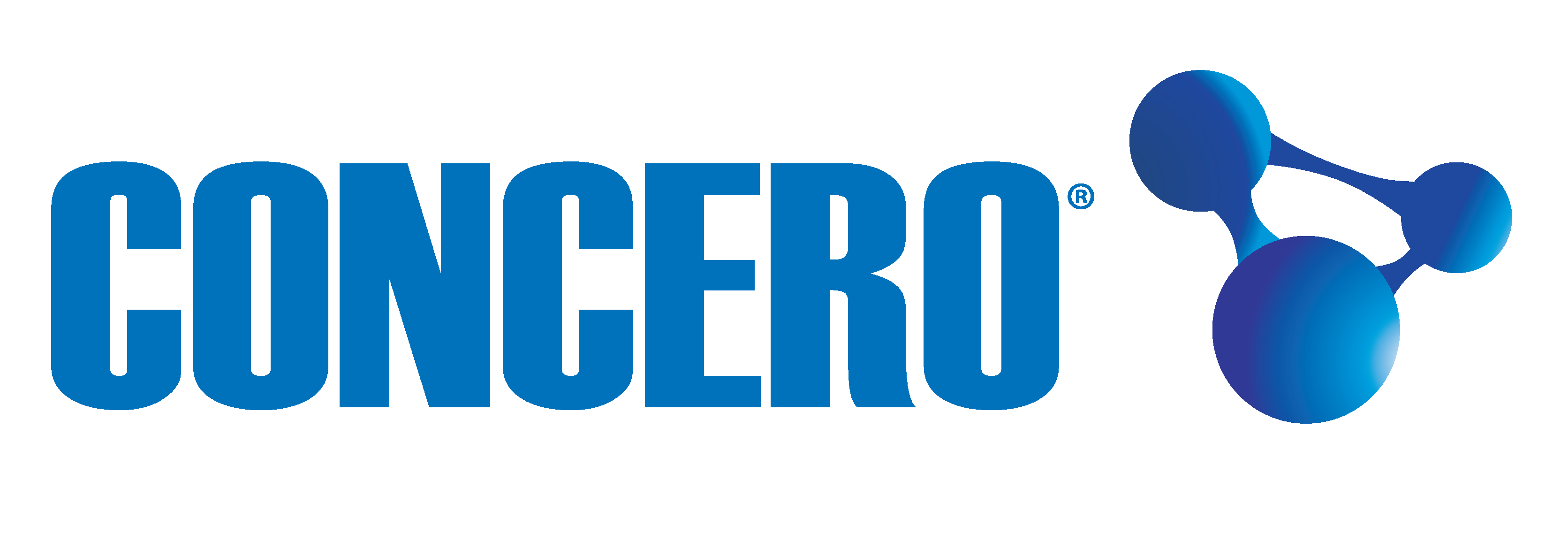What it Takes to be a Quality Assurance Lead
Have you ever considered the development process of your favorite app or software program? Of course the programmers and coders are the ones who brought the idea to life, but figuring out the “bugs” and making sure that users have a good experience is just as important (if not more so!).
This is where quality assurance comes into play. Without comprehensive testing, there is a strong likelihood that the product or solution would not be able to handle real-world use. Many companies have someone dedicated to overseeing this part of product/solution development called a quality assurance lead.
This important individual executes and creates test plans, as well as clear, concise test scripts for new products. The quality assurance (QA) lead may also test enhancements to existing products. To make sure that testing is always robust and sufficient, the QA lead must define comprehensive scenarios and variations in data.
Ultimately, the person in this position is responsible for planning, designing and executing system testing. While, the complexity of the implementation varies, a QA lead is someone who must be chosen carefully, because this role impacts the end user and ultimately the success of a company.
What kind of experience is needed to be an IT quality assurance lead?
Significant software expertise and high levels of responsibility are required to be a quality assurance lead. Many employers, therefore, look for a minimum of three years prior experience in an IT quality assurance analyst or tester role within a Microsoft ‘stack.’
The candidate could also have experience with:
- Salesforce and Salesforce integrations
- Experience with Integrations Testing
- Experience with TFS/VSO and Jira
What’s required for most QA leads?
He or she will work collaboratively with the IT department and business units. The goal is always to track, execute, and validate test cases based on system requirements. This individual must identify problems and document defects, all in a potentially fast-paced, fluid, and changing environment.
In addition, the quality assurance lead:
- Develops test plans, cases, scripts and reports on multiple projects. In most cases, every projects where testing is required has different parameters and objectives.
- Manages the testing schedule for projects. He or she may coordinate the work of other testers to keep projects on track.
- Performs testing on various software, integrations, and reporting systems.
- Makes sure that users are satisfied during the testing process and that products meet their expectations.
- Reviews use cases and user requirements documents to make sure that these requirements are testable.
- Documents and reports any system defects to the project team.
- Develops automated scripts to be used in regression testing.
- Identifies and communicates business risks.
- Works with analysts, developers and project managers to determine the most effective testing and inspection strategy. There is no one-size-fits all solution that a QA lead must implement, because projects vary in complexity and size. It is up to the quality assurance lead to determine and implement the most appropriate strategy.
- Ensures that measurable test objectives are established for every system tested.
- Ensures that defects discovered during testing are recorded, summarized, and used in post project reviews to improve the development and test processes.
- Works with the systems development team and the business to ensure technological enhancements are tested comprehensively before production.
What kind of knowledge or skill set is recommended?
This role requires expertise with software and IT, but also the ability to perform research, ask questions, and work with other departments to achieve the best results. Attention to detail and communication skills are both important, as well as a range of technical competences and experience.
The ideal quality assurance lead candidates are:
- Proficient in writing use cases and test plans, and testing criteria. This includes data type validation, pass/fail conditions, and boundary conditions. He or she will also benefit from experience designing, developing, and testing processes for data.
- Knowledgeable of Waterfall and Agile/Scrum software methodologies.
- Able use SQL to generate, manipulate, and manage test data.
- Proficient in using Automated Testing tools, like Microsoft Test Manager, Selenium, or other related products.
- Familiar with all aspects of quality assurance testing of software, including Unit, System and Regression testing.
- Able to demonstrate the ability to self-direct his/her own workload, while maintaining a proactive, collaborative approach.
This is a very important role that requires a valuable combination of technical expertise and good communication skills. Listening skills; good time management and project planning; an inquisitive mind, and goal-oriented are all necessary personality traits for anyone interested in being on a quality assurance team.
Is there a need for people in quality assurance?
Quality assurance leads are in demand in a wide range of industries. If you have interest or experience in the financial services industry, this may be a bonus, as well as being able to integrate your financial services knowledge with Salesforce.
If you enjoy complex processes and systems, you may find the quality assurance lead role satisfying and suitably challenging. It is certainly fast-paced enough that you need never be bored and there will be plenty of opportunities for interaction with other teams.
For more advice and information about the quality assurance lead role or other IT positions, contact me or anyone else at Concero.
